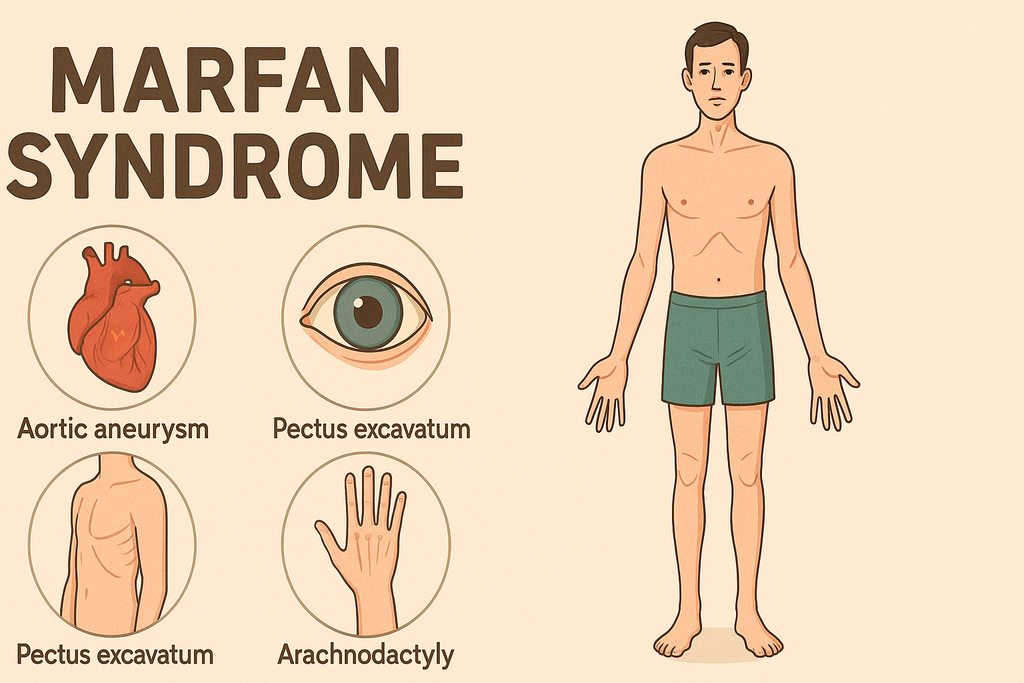News — cardiovascular health
Earthing and Blood Pressure: What the Research Says
antioxidant support barefoot therapy blood pressure cardiovascular health earthing free radical defense grounding grounding and HRV grounding studies heart health supplements heart rate variability hypertension remedies inflammation lifestyle and heart health LongLifeNutri natural antihypertensive natural ways to lower blood pressure pterostilbene pterostilbene for blood pressure stress reduction
In a fast-paced world filled with screens, artificial lighting, and constant stimulation, one of the simplest health practices gaining momentum is also the most primal: connecting your bare feet to the earth. Known as “earthing” or “grounding,” this wellness trend has been associated with a wide range of benefits—from improved sleep to reduced inflammation. But can it actually help lower blood pressure?
Emerging research suggests that spending time in direct contact with the Earth’s surface may influence your cardiovascular system in surprising ways. With hypertension affecting over a billion people worldwide, natural interventions are gaining more attention. This article breaks down the science behind earthing, what studies say about its impact on blood pressure, and how combining it with smart lifestyle strategies and antioxidant-rich supplements like Pterostilbene may offer enhanced support for heart health.
Beyond the Superfood: Seaweed-Derived Fucoidan’s Natural Anti-Inflammatory Power
antioxidant-rich foods brown seaweed benefits cardiovascular health chronic inflammation cytokine modulation fucoidan gut health immune balance immune support inflammation relief joint health kombu marine nutrition mozuku natural anti-inflammatory natural healing ocean superfood seaweed extract seaweed supplement sustainable supplements wakame
For centuries, seaweed has been a dietary staple in coastal communities, revered not just for its unique flavor but also for its rich nutrient profile. But as modern science peels back the layers of oceanic nutrition, one particular compound is emerging as a standout—fucoidan. This naturally occurring polysaccharide, found in brown seaweeds such as wakame, mozuku, and kombu, is making waves in the wellness world for its potential to soothe inflammation at the root cause.
Chronic inflammation is the quiet troublemaker behind many of today’s most persistent health challenges, from joint pain and cardiovascular disease to autoimmune disorders. While synthetic anti-inflammatory drugs can be effective, they often come with a laundry list of side effects. Fucoidan, on the other hand, offers a natural, gentle approach—working in harmony with the body’s systems to calm the immune response, support tissue repair, and promote long-term vitality. The deeper you dive into its research, the more this ocean treasure starts to look like a genuine game-changer.
Nutrigenomics and DNA: Personalizing Cardiovascular Risk Reduction
APOE gene blood pressure genes CardioGene Complete cardiovascular health cholesterol and genetics DNA testing epigenetics gene-nutrient interaction genetic heart risk genetic testing heart disease prevention heart health DNA methylated folate MTHFR nutrigenomic testing nutrigenomics omega-3 metabolism personalized nutrition personalized supplements precision nutrition
Imagine being able to tailor your diet and lifestyle based on your unique genetic makeup. No more guesswork, no more one-size-fits-all solutions—just precise, science-backed recommendations that can improve your heart health and overall wellness. That’s the promise of nutrigenomics, a cutting-edge field that explores how your genes interact with nutrients to influence your health. Specifically, it holds tremendous potential in reducing cardiovascular risk by targeting the root of the problem—your DNA.
As heart disease remains the leading cause of death globally, the importance of individualized prevention strategies cannot be overstated. Nutrigenomics offers a revolutionary approach to cardiovascular care by uncovering how specific genetic variations affect cholesterol levels, blood pressure, inflammation, and even how you metabolize certain fats. With this knowledge, you can take proactive steps to mitigate risk through personalized nutrition and targeted supplementation. In this article, we’ll explore how nutrigenomics works, what the science says, and how it can be practically applied to keep your heart in top shape.
Marfan Syndrome: Unraveling the Secrets of Your Connective Tissue
aortic aneurysm aortic dissection cardiovascular health connective tissue disorder eye complications FBN1 gene fibrillin-1 mutation genetic testing heart complications inherited disorder lens dislocation marfan awareness marfan diagnosis marfan gene marfan symptoms marfan syndrome marfan treatment scoliosis skeletal abnormalities tall stature
When we think about the human body, we often focus on organs, muscles, and bones—but beneath it all lies a lesser-known, yet vital network: connective tissue. This tissue holds everything together, providing strength, elasticity, and structure. But what happens when this intricate system is compromised by a genetic mutation? Enter Marfan syndrome—an inherited connective tissue disorder that affects multiple systems in the body, often in ways that aren’t immediately visible.
Marfan syndrome isn’t just about being tall and flexible. It can have serious implications for the heart, eyes, and skeleton, and early diagnosis is crucial for preventing life-threatening complications. In this article, we’ll explore the origins, signs, and treatments of Marfan syndrome and show how modern medicine is improving lives for those living with this condition.
Metabolic Syndrome Criteria: The 5 Risk Factors You Need to Know
abdominal obesity blood sugar cardiovascular health diabetes prevention elevated glucose HDL cholesterol heart disease high blood pressure high triglycerides insulin resistance low HDL metabolic health metabolic syndrome metabolic syndrome diagnosis prediabetes risk factors supplements for metabolic syndrome triglyceride levels weight loss
Modern lifestyles have given rise to a cluster of health conditions that are increasingly threatening global health. One of the most insidious among them is metabolic syndrome — a silent but dangerous constellation of risk factors that significantly ups your odds for heart disease, type 2 diabetes, and stroke. It isn’t a disease in itself, but rather a group of conditions that, when occurring together, set the stage for long-term chronic illness.
Understanding the criteria that define metabolic syndrome is the first step in addressing it effectively. If you’ve ever wondered what the specific risk factors are and how they impact your well-being, this guide will break it all down for you. We're going to examine the five hallmark risk factors that clinicians use to diagnose metabolic syndrome and why each of them matters more than you might think.





